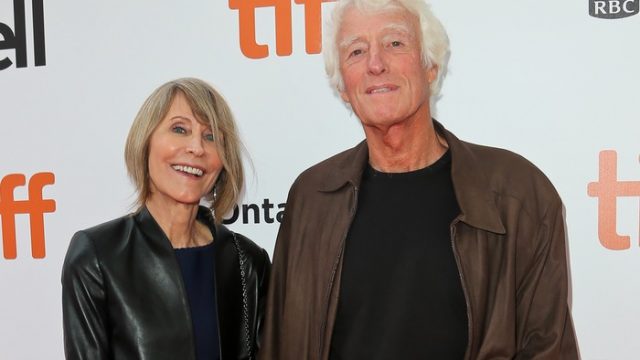Good morning, my dearies! How are you? I had a birthday this week, which made me feel super-old? Anyways, on with the articles….
On the 15th, Maris Kreizman of Town & Country, explained by The Secret History will never be made into a movie over
“Search the internet for lists of books that should have been made into films, and The Secret History, shows up on most of them. Entertainment Weekly called it a ‘perfect blend of high-end art and low-end drama that is so popular on our screens right now.’ Those of us who believe that Tartt’s debut is her true masterpiece can find little solace in the fact that her first work to be adapted to the screen hits theaters this autumn.”
Rob Sheffield of Rolling Stone, paid tribute to Ric Ocasek on the 16th:
“Ric Ocasek was one of the all-time great American songwriters: the spirit of Buddy Holly in the body and mind of Mr. Spock, a new wave eccentric who always wanted to brush your rock & roll hair. That’s why the world is in mourning at the news of his death yesterday, at the age of 75. With the Cars, the Boston legend scored hit after hit, yet he also wrote vulnerable ballads about teen angst with his own distinctive blend of compassion and humor, plus his authentic geek-gulp of a voice. Who else could sing the line ‘alienation is the craze’ and still sound cool? Nobody. ‘My taste was to always go for that mix, even back in the Sixties,’ Ocasek once said. ‘I obviously was a huge fan of Dylan, but my other favorite band was the Velvet Underground. I always went for the left side of the music brain, too. I loved the Velvet Underground and the Carpenters.'”
On the 17th, Jen Chaney discussed the feminism of Unbelievable, over at Vulture:
“Because it’s based on actual events, Unbelievable sits right in the middle of the true and scripted crime spectrum. What happens in the show feels real because much of it actually happened. But the way Grant and her fellow writers and filmmakers frame the story, within the perspectives of a female victim and two female detectives who can relate to the women who have been attacked, gives the story an even more personal and empathetic edge.”
Danielle Turchiano analyzed how Friends and ER pushed their formats, for Variety, on the 18th:
“By many accounts, 1994 was a notable year in the world of media. It was, after all, when Nancy Kerrigan was attacked, the terrorists in the 1993 World Trade Center bombing convicted, OJ Simpson arrested in the murder of his wife and her friend and a Major League baseball strike. But after all of these things came the launches of two series that would go on to change the way small-screen storytelling was developed and discussed for decades to come. The cinematic medical drama ER premiered with a two-hour pilot on Sept. 19, 1994, and just days later, the multicamera, half-hour comedy Friends followed on Sept. 22, 1994.”
Finally, and most importantly, Anna Swanson of Film School Rejects, interviewed Roger Deakins, on the 18th:
“‘Yeah, I once went to an interview with a director and the first thing out of his mouth was, I really want this film to look like Shawshank Redemption.'” I thought, ‘Well, that’s putting the cart before the horse. Why do you want anything to look like that?’ Because it’s not Shawshank Redemption. The script was totally different, so it’s ridiculous. I’m not interested.”

